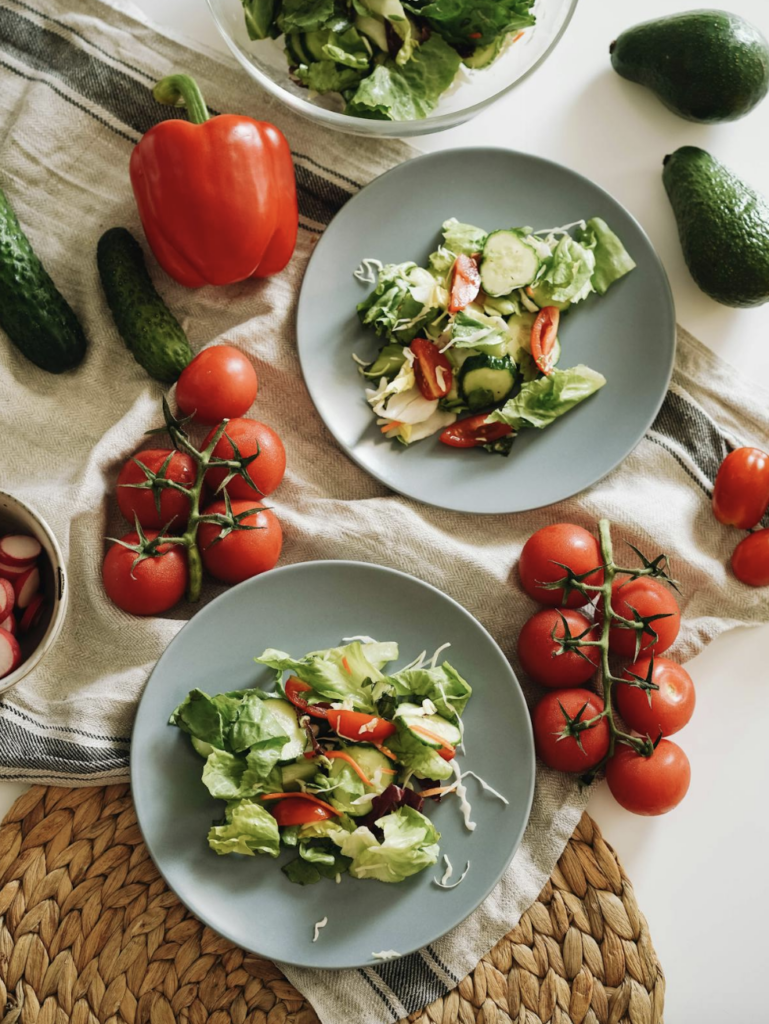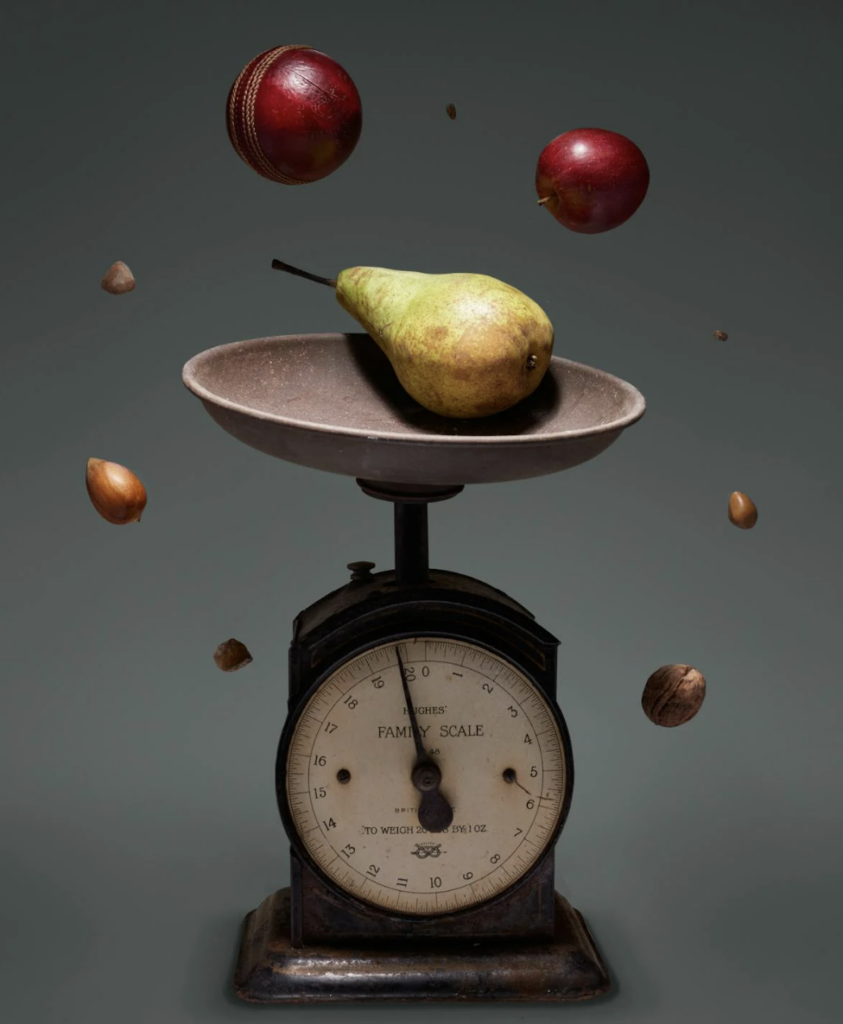High blood pressure (hypertension) is a serious condition that increases the risk of heart disease, stroke, and kidney problems. While medication may be necessary in some cases, there are many lifestyle changes you can make to naturally lower blood pressure. In this post, we’ll explore 10 science-backed strategies that help regulate blood pressure naturally and support heart health.
1. Eat a Heart-Healthy Diet Rich in Whole Foods

A balanced diet high in nutrients and low in sodium helps lower blood pressure naturally.
✔ Best Foods for Lowering Blood Pressure:
- Leafy greens (spinach, kale)
- Berries and citrus fruits
- Whole grains (quinoa, oats, brown rice)
- Low-fat dairy, nuts, and seeds
💡 Tip: Follow the DASH (Dietary Approaches to Stop Hypertension) diet for optimal results.
2. Reduce Sodium Intake to Support Healthy Blood Pressure

Excess sodium causes water retention, which raises blood pressure.
✔ Ways to Cut Sodium:
- Cook at home with fresh ingredients
- Read nutrition labels and avoid processed foods
- Season meals with herbs, lemon juice, and spices instead of salt
💡 Tip: Aim for less than 2,300 mg of sodium per day, or even less if you’re sensitive to salt.
3. Increase Potassium-Rich Foods to Balance Sodium

Potassium helps your body get rid of excess sodium and ease pressure on blood vessels.
✔ Top Potassium Sources:
- Bananas, sweet potatoes, and avocados
- Beans, lentils, and spinach
- Coconut water and low-fat yogurt
💡 Tip: Potassium and magnesium work together to relax blood vessels and support healthy blood pressure.
4. Maintain a Healthy Weight to Reduce Pressure on Arteries

Carrying extra weight makes your heart work harder, increasing blood pressure.
✔ How to Manage Weight Naturally:
- Eat smaller, balanced meals
- Incorporate regular exercise
- Avoid sugary drinks and processed snacks
💡 Tip: Losing just 5–10% of your body weight can significantly lower your blood pressure.
5. Exercise Regularly for Cardiovascular Health

Physical activity strengthens your heart and improves circulation.
✔ Best Exercises for Blood Pressure:
- Brisk walking or cycling (30 minutes most days)
- Strength training (2–3 times per week)
- Gentle activities like yoga or tai chi
💡 Tip: Consistency is key—daily movement helps regulate blood pressure long term.
6. Manage Stress to Prevent Spikes in Blood Pressure

Chronic stress causes cortisol spikes and vascular constriction, raising blood pressure.
✔ Stress-Relief Techniques:
- Deep breathing and mindfulness
- Journaling or creative hobbies
- Time in nature or quiet reflection
💡 Tip: Try box breathing (inhale for 4, hold for 4, exhale for 4, hold for 4) for instant relaxation.
7. Limit Alcohol Consumption

Drinking too much alcohol can raise blood pressure and interfere with medications.
✔ Heart-Healthy Drinking Guidelines:
- Women: no more than 1 drink per day
- Men: no more than 2 drinks per day
- Choose red wine in moderation for antioxidants
💡 Tip: Alternate alcoholic beverages with sparkling water or herbal teas.
8. Quit Smoking to Improve Circulation

Smoking damages blood vessels, narrows arteries, and increases blood pressure.
✔ Support for Quitting Smoking:
- Talk to your doctor about nicotine replacement therapy
- Use supportive apps and counseling
- Replace smoking with healthy habits (walking, gum, tea)
💡 Tip: Within 20 minutes of quitting, blood pressure begins to normalize.
9. Cut Back on Caffeine If You’re Sensitive

Caffeine can cause a temporary spike in blood pressure, especially in those who are sensitive.
✔ Caffeine Tips:
- Monitor how your body responds to coffee or energy drinks
- Limit to 1–2 cups daily, preferably in the morning
- Switch to herbal teas or decaf alternatives if needed
💡 Tip: Track your blood pressure before and after caffeine to assess your sensitivity.
10. Get Enough Sleep to Support Vascular Health

Poor sleep affects blood pressure regulation and increases cardiovascular risk.
✔ How to Sleep Better Naturally:
- Stick to a consistent sleep schedule
- Avoid screens and bright lights before bed
- Create a calm environment with low lighting and relaxing music
💡 Tip: Aim for 7–9 hours of sleep each night for optimal blood pressure control.
Conclusion
You don’t have to rely solely on medication to manage high blood pressure. By making consistent, natural lifestyle changes—like eating well, exercising, reducing stress, and improving sleep—you can lower blood pressure naturally and support long-term heart health. Start small, stay committed, and enjoy the benefits of a healthier body and mind.
Read more on how to increase energy naturally
Learn more about blood pressure from the American Heart Association
